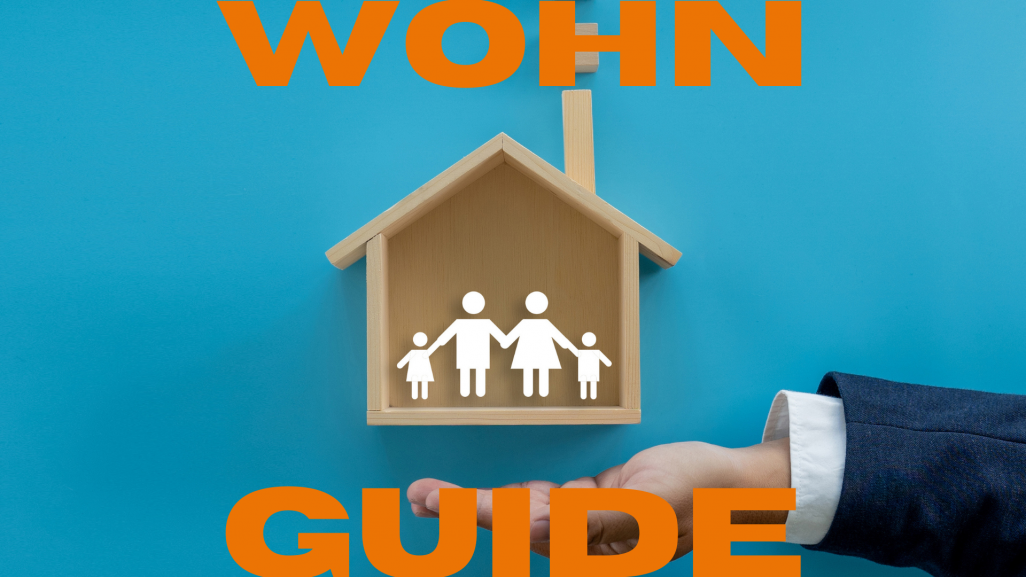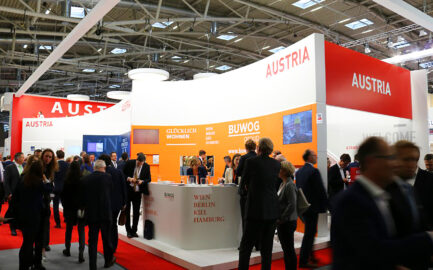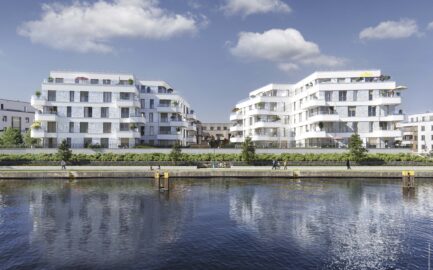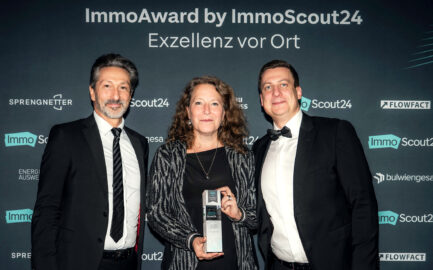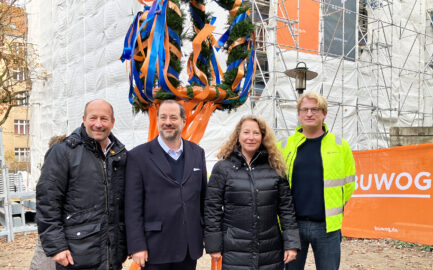Whether with new apartments or pre-war property – there is always something to do. This is certainly true in every apartment complex, and much of it falls under the responsibility of the respective property management – but by no means everything. Here you will find a guide to the questions, problems and concerns for which your property management is responsible and can help.
First of all, it is important to distinguish between the different types of community issues, responsibilities and conflicts, as with certain issues the property management must first inform the condominium owners and can only take action after the condominium association has passed a resolution.
It may sound a bit complicated, but it isn’t – in 99% of all cases, a quick glance at this guide is enough to know whether the property management is responsible.
Responsibilities of property management without a resolution from the condominium association:
Property managers are obliged and authorised to handle every measure to maintain and manage the residential complex.
In the absence of specific resolutions, property management is responsible for the appropriate maintenance of the common parts of the property, which specifically includes:
- organising and commissioning all measures for the operation and maintenance of the property – cleaning, maintenance, repairs in the common areas (inside and outside)
- fulfilling legal requirements (e.g. prescribed safety inspections, liability for buildings, liability for the maintenance of walkways, obligations to ensure road safety)
- specifying the pro rata operating costs
- annual statement of operating costs
- accumulating and building reserves for extensive maintenance and renovation measures
- appropriate insurance
- taking out a loan to cover the costs not covered by the reserves in the case of maintenance work recurring at intervals longer than one year
An obligation to act, even without a resolution, exists in particular if a failure to do so would impair the common interests of the condominium owners -– e.g. repair of serious damage to the building, formation of an appropriate reserve, acute hazards, etc.
Matters of extraordinary management (resolution necessary):
These specifically include:
- extensive and expensive repair measures (e.g. rooftop refurbishment)
- significant changes to the substance of the house (e.g. change of heating system)
- decisions or amendments to the house rules
- interference with the possibilities for use of the apartments (e.g. regulations on short-term rentals)
- drawing up regulations on the use of available common areas (unanimity required)
- changes to formulas for cost allocation that deviate from the law (unanimity required)
- amendments in the event of deviating billing and voting units (unanimity required)
In these measures of extraordinary property management, there are always diverging views and interests of the condominium owners. Although the property management may and should provide expertise and advice, it can only act within the framework of extraordinary management on the basis of a legally effective resolution of the condominium association.
Building management is not responsible for the following:
- Changes of use: For example with the use of a flat as an office or as a medical practice – if the house rules require the consent of the other owners, the owner must ensure that he or she obtains this consent. If, on the other hand, the other owners have reservations, they must take action against the planned change themselves.
- Participation in building procedures: Managers cannot, for example, exercise the rights of the owners in building procedures vis-à-vis neighbours, nor in the procedure for obtaining an operating licence on a neighbouring property.
- Changes made by the owners to common areas and affecting the external appearance – such as the installation of air-conditioning systems – are not permitted: For example, if the other condominium owners feel adversely affected by the installation of air-conditioning units, they must take action against it themselves. The property manager may not represent individual owners against others.
- Arbitration of conflicts between residents, as the property manager is always responsible for the entire condominium association and may not take a partisan position.
- Warranty defects inside the flat unless these have been assigned to the condominium association.
In matters which do not fall within the competence of property management, the latter may not take action even if individual owners or the majority of owners so wish.

